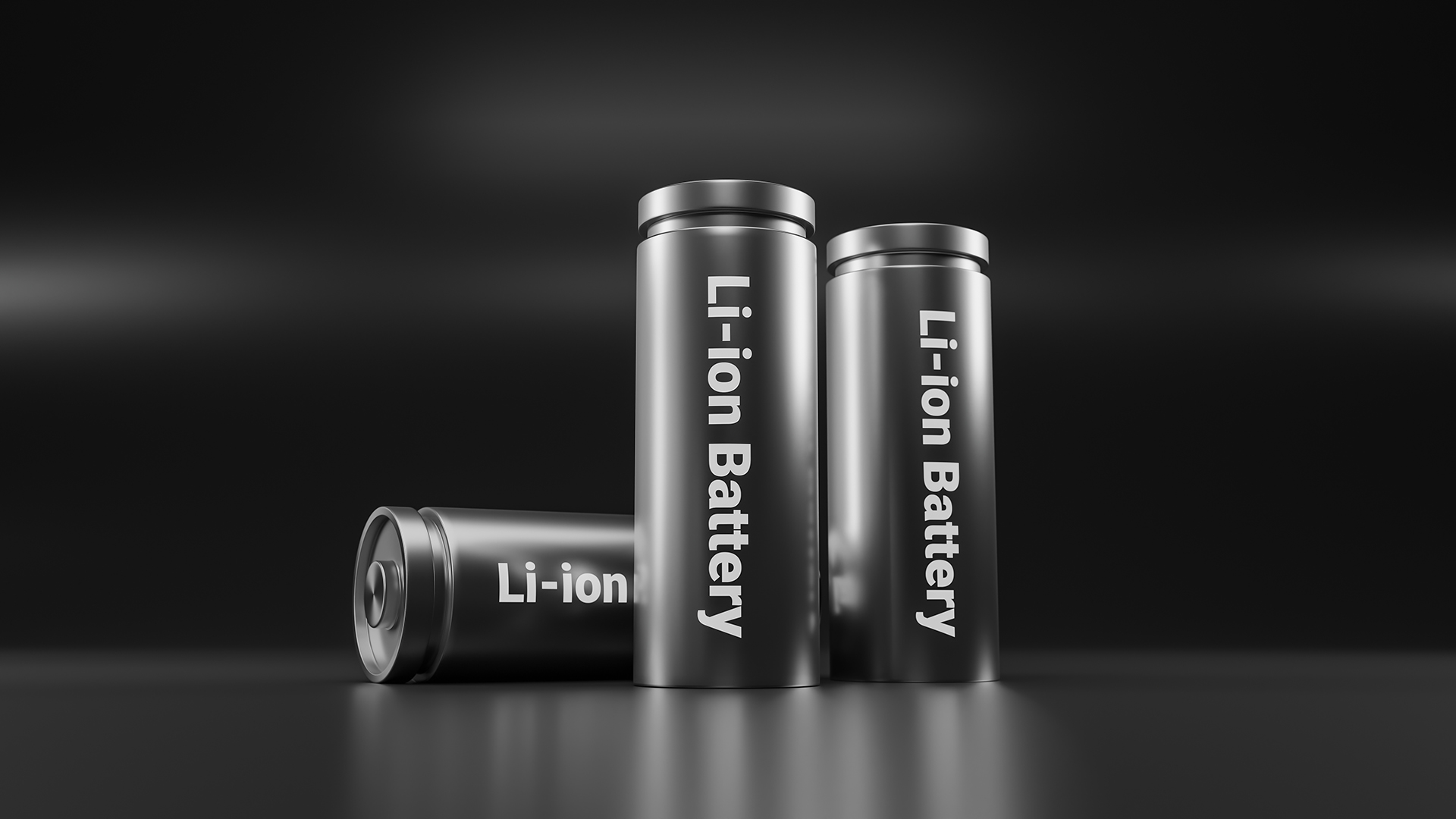The introduction of lithium-ion battery packs in portable devices has revolutionized the way we use technology. It is now possible to stay connected wherever you go, whether it be for business or leisure.
Lithium-ion batteries are lightweight and powerful, providing us with on-demand power when we need it most. With longer-lasting charge cycles than their predecessors and more efficient power delivery, these batteries have become a must-have for everyday users seeking reliable performance from their electronic devices.
The rise and dominance of lithium-ion battery pack in portable devices has been nothing short of remarkable, as they continue to provide exceptional performance even after years of usage.
Advantages of Lithium-ion Battery Packs
Lithium-ion battery packs offer a variety of advantages over traditional fuel sources. They are lighter in weight, more efficient, and can operate at higher voltages than their predecessors.
Additionally, they require less maintenance and have a longer lifespan than other types of batteries. This makes them an ideal choice for powering portable devices such as laptops, smartphones, tablets, and cameras.
Lithium-ion battery packs are also capable of delivering high amounts of power quickly which is essential when it comes to powering technology with short burst needs like drones or virtual reality headsets. Furthermore, lithium-ion batteries are rechargeable and don’t degrade significantly after multiple cycles the way lead acid cells do meaning you will get years of reliable performance out of one pack making them an excellent investment for any application requiring frequent use or long runtime demands such as solar lighting systems or electric vehicles.
Applications and Industries Utilizing Lithium-ion Battery Packs

Source: textilevaluechain.in
Lithium-ion battery packs have a wide range of applications and are utilized in many different industries. They power everything from mobile phones and laptops to electric vehicles, drones, medical equipment, robotics, and more.
Portable devices benefit the most as they require lightweight yet powerful energy sources that can be easily recharged. The automotive industry is also taking advantage of lithium-ion batteries due to their high-performance capabilities in terms of storage capacity and life expectancy compared to other battery technologies.
Additionally, many industrial machines such as pumps, construction tools, and excavators are now used for reliable operation over long periods without needing frequent maintenance or replacement. In addition to these applications, new ones continue to emerge as technology advances such as solar energy storage systems used in homes or businesses for efficient energy management.
Lithium-ion battery packs have become indispensable for modern society’s needs; providing reliable power with minimal size while being environmentally friendly at the same time.
Challenges Faced by the Expansion of Lithium-ion Battery Pack Usage
With the rise and dominance of lithium-ion battery packs in portable devices, a few challenges have emerged that need to be addressed. One major challenge is safety; Lithium-ion batteries are prone to thermal runaway if not properly monitored, which can cause overheating and even fire hazards.
Additionally, due to their high power density, these batteries require adequate protection circuits for them to function correctly while also ensuring user safety. Another major issue with the expansion of lithium-ion battery pack usage is cost; although prices have dropped significantly over time thanks to advances in manufacturing processes, they remain relatively expensive compared to other types of rechargeable power sources such as lead-acid and nickel metal hydride batteries. This means that manufacturers must carefully consider all costs associated with using them before deciding on whether or not this technology suits their needs.
Finally, there’s also the matter of sustainability when it comes to lithium-ion batteries; because they contain toxic materials like cobalt and manganese which cannot be recycled indefinitely without losing performance capability. Thus proper disposal techniques must be employed when disposing of spent cells or packs so as not to contaminate local environments – an important factor considering how ubiquitous these products are becoming across consumer electronics markets today.
Conclusion

Source: innovationnewsnetwork.com
In conclusion, the rise and dominance of lithium-ion battery packs in portable devices can no longer be ignored or underestimated. The advantages of these batteries are numerous, from their superior energy density to a long lifespan that makes them ideal for powering portable electronics. Lithium-ion battery pack technology has come a long way since its development in the 1970s and is now an integral part of many everyday products such as mobile phones, laptops, digital cameras, and more.
As technological advancements continue to taper off our dependence on traditional forms of energy sources such as fossil fuels, it is clear that lithium-ion batteries will remain a reliable source of power into the foreseeable future.

